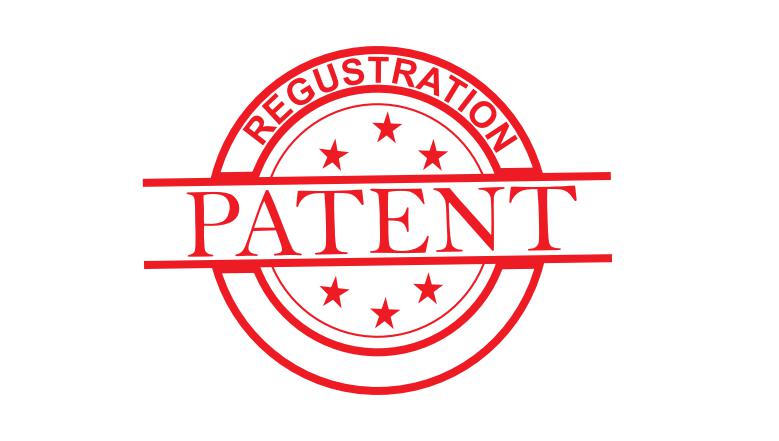
Patent Registration
Introduction
A patent is a legal right that grants the inventor the exclusive right to make, use, and sell an invention for a limited period of time. Patents are granted in exchange for the disclosure of the invention to the public, so that others can learn from it and build on it. Patent registration is an important step for any business that has developed a new invention. Patent registration can help to protect the invention from infringement and to increase the value of the business.
LEGAL FRAMEWORK
The Patents Act of 1970 is the primary legislation governing patent registration in India. The Act defines an invention as "any new product or process (including agricultural and horticultural processes) or any improvement of an existing product or process, which involves an inventive step and is capable of industrial application."
DOCUMENTS REQUIRED
The following documents are required for patent registration in India:
- Form 1: Application for Patent
- Form 2: Specification
- Form 3: Drawings (if applicable)
- Form 5: Statement of Provisional Specification (if applicable)
- Form 26: Declaration as to Inventorship
- Form 27: Authorization for Agent (if applicable)
- Proof of payment of the prescribed fee
PROCEDURE
The following steps are involved in patent registration in India:
- File an application for patent in Form 1. The application must be accompanied by the prescribed fee and the following documents:
- Specification
- Drawings (if applicable)
- Statement of Provisional Specification (if applicable)
- Declaration as to Inventorship
- Authorization for Agent (if applicable)
- The application will be examined by the Patent Office to determine whether it meets the requirements for patentability. If the application is found to be complete and patentable, it will be published in the Patent Journal.
- After publication, there is a period of three months during which any third party can file objections to the grant of the patent. If no objections are filed, or if any objections are filed and overruled, the patent will be granted.
FEATURES
The following are some of the key features of patent registration in India:
- Patent protection lasts for a period of 20 years from the date of filing of the application.
- Patent registration is not mandatory, but it offers several advantages, including the exclusive right to make, use, and sell the invention for a limited period of time, and the ability to prevent others from infringing on the patent.
- Patent registration can also be used to attract investors and licensees, and to increase the value of a business.
BENEFITS OF PATENT REGISTRATION
The following are some of the benefits of patent registration in India:
- Exclusive rights: Patent registration gives the patent holder the exclusive right to make, use, and sell the invention for a limited period of time. This means that no one else can make, use, or sell the invention without the patent holder's permission.
- Prevention of infringement: Patent registration can help to prevent others from infringing on the patent. If someone does infringe on the patent, the patent holder can file a lawsuit for patent infringement.
- Attracting investors and licensees: Patent registration can help to attract investors and licensees. Investors are more likely to invest in a business that has patents, and licensees are more likely to license technology from a business that has patents.
Increased value of business: Patent registration can increase the value of a business. Patents are valuable assets that can be sold or licensed to generate revenue.




